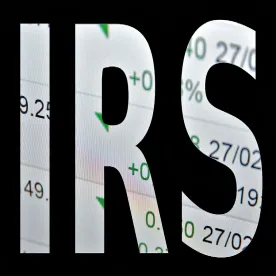To the extent plan sponsors of 401(k) or 403(b) safe harbor plans have not yet reduced or suspended safe harbor contributions for the 2020 plan year, they may now find it easier to do so under IRS Notice 2020-52, issued on June 29, 2020, provided they act quickly and as described below.
Normal Reduction and Suspension Rules That Would Otherwise Apply
As noted in our prior article, in typical circumstances, safe harbor contributions may be reduced or suspended midyear if:
-
The sponsor is operating at an “economic loss” during the plan year; or
-
The safe harbor notice distributed previously included a statement allowing the sponsor to reduce or suspend the safe harbor contribution (sometimes referred to as a “reservation” or “maybe not” statement).
In addition, the sponsor also needs to provide a supplemental notice to affected participants at least 30 days in advance of the effective date of the reduction or suspension, and the plan is then required to pass normal nondiscrimination testing on a current year basis for that plan year.
Relaxation of Normal Reduction and Suspension Rules if Sponsors Act Timely
Under the new Notice, sponsors may now reduce or suspend safe harbor contributions for 2020 regardless of whether they operate at an economic loss or included reservation language in their safe harbor notices, provided they meet the following requirements:
-
The plan amendment to reduce or suspend safe harbor contributions must be made between March 13, 2020, and August 31, 2020;
-
Participants are notified of the reduction or suspension at least 30 days before it is effective, provided that if the safe harbor contribution that is being reduced or suspended is a nonelective contribution, then notice can be provided to participants any time on or before August 31, 2020, as long as the plan amendment is adopted no later than the effective date of the reduction or suspension; and
-
The plan is required to pass normal nondiscrimination testing on a current year basis for the 2020 plan year.
Clarification for Changes that Apply Only to Highly Compensated Employees
Also under the new Notice, the IRS clarified that a sponsor may reduce or suspend safe harbor contributions midyear for highly compensated employees (HCEs) during 2020 or any other plan year without affecting the safe harbor status of the plan (because contributions made on behalf of HCEs are not included in the definition of safe harbor contributions).
Notwithstanding such a limited (and generally uncommon) change, the plan sponsor would still need to provide an updated safe harbor notice to affected HCEs generally at least 30 days before the change is effective (in accordance with the notice and election conditions of IRS Notice 2016-16).





 />i
/>i

